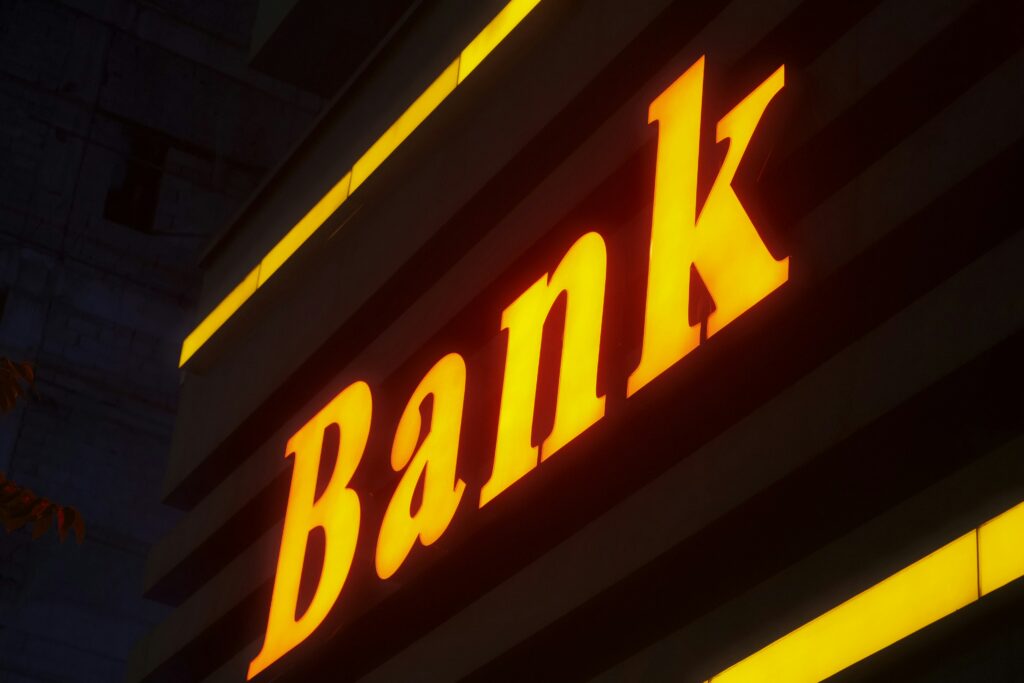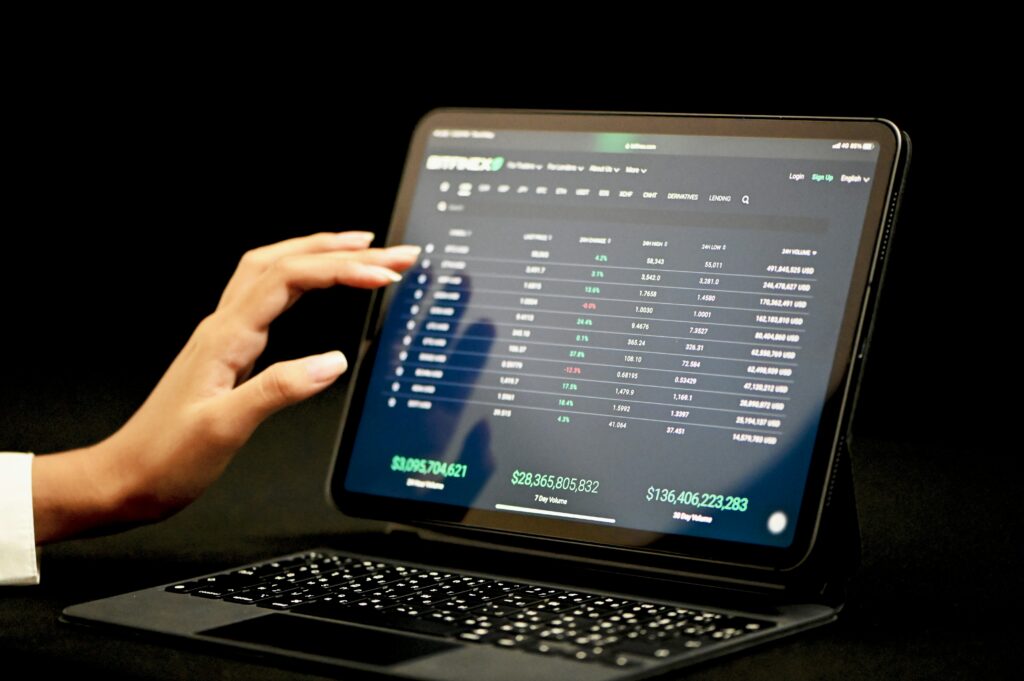The Rise of Leaks
Leaking information has become easier than ever in this digital age. With just a few clicks, anyone can share sensitive documents or personal data with the world. This ease of access has led to a surge in leaks across various industries and sectors.
The Impact on Security
One of the most significant concerns surrounding leaks is the impact on security. When confidential information is made public, it can pose serious risks to individuals and organizations. From identity theft to corporate espionage, the consequences of leaks can be farreaching and devastating.
The Ethical Dilemma
While some may argue that leaking serves a greater good by exposing corruption or wrongdoing, others believe that it is a breach of trust and privacy. Where do we draw the line between transparency and confidentiality? This ethical dilemma is at the heart of the debate over leaks.
The Legal Consequences
Leaking sensitive information is not just a moral issue—it can also have legal ramifications. Whistleblowers who expose misconduct may be protected by law, but those who leak classified or proprietary information could face severe penalties. It’s important to consider the legal implications before sharing any sensitive data.
Protecting Against Leaks
In a world where leaks are becoming increasingly common, it’s essential to take steps to protect against them. This includes implementing robust cybersecurity measures, training employees on proper information handling, and establishing clear policies on data confidentiality. By being proactive in safeguarding sensitive information, organizations can mitigate the risks of leaks.
Conclusion
Leaking may be pervasive in today’s society, but it’s not without consequences. From security risks to ethical dilemmas, the implications of nzleaksallaround are vast and multifaceted. By understanding the impact of leaks and taking proactive measures to prevent them, we can strive to create a safer and more secure digital landscape for all.

 Janets Barnettiero is the dynamic founder of Gamble Guru Gate, a pioneering platform that stands as a beacon of expertise and guidance in the gambling sector. With a career spanning over two decades, Janets has cultivated a deep understanding of the intricacies of the gambling industry, blending her analytical skills with a passion for responsible gambling practices.
Her journey began with a fascination for the mechanics and psychology of gambling, leading her to pursue studies in mathematics and behavioral science. This educational foundation laid the groundwork for her insightful approach to gambling analysis. Early in her career, Janets worked with several top-tier casinos and gaming companies, gaining hands-on experience and insider knowledge that would later fuel the success of Gamble Guru Gate.
Janets Barnettiero is the dynamic founder of Gamble Guru Gate, a pioneering platform that stands as a beacon of expertise and guidance in the gambling sector. With a career spanning over two decades, Janets has cultivated a deep understanding of the intricacies of the gambling industry, blending her analytical skills with a passion for responsible gambling practices.
Her journey began with a fascination for the mechanics and psychology of gambling, leading her to pursue studies in mathematics and behavioral science. This educational foundation laid the groundwork for her insightful approach to gambling analysis. Early in her career, Janets worked with several top-tier casinos and gaming companies, gaining hands-on experience and insider knowledge that would later fuel the success of Gamble Guru Gate.
